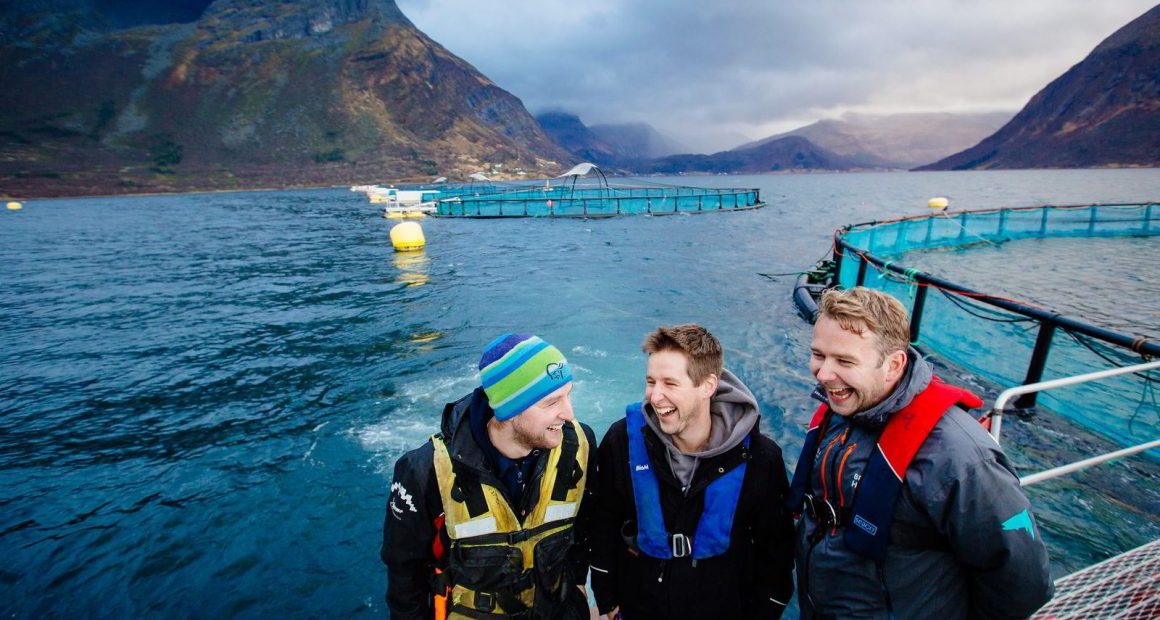It was announced earlier this week that Kvarøy Fish Farm, is scheduled to ship its first delivery of blockchain tracked salmon this week. This is with the help of Atea, a company based in 24 office locations across Norway, that specializes in IT solutions from everything from healthcare to industry supply chain.
Kvarøy is not the only one that has embarked on this project, six seafood companies are also testing this kind of technology.
Based on blockchain technology from IBM, this technology ensures that you can follow the salmon, from its time as an egg up until it is on your plate ready to be eaten. They can track what it has eaten, where it has been and if it is in fact a sustainable product.
Calculations carried out by Sjomatbedriftene (in english: seafood companies), show that Norwegian fish farming companies can increase their turnover by up to NOK 600 million by 2024 and NOK 1.3 billion in 2032, with the use of blockchain. This is due to a more competitive market and better products.
“We see that our customers demand better documentation, so we have long been concerned with solutions to provide greater security. The blockchain technology makes it possible to trace salmon all the way from egg to customer,” says Kvarøy Fish Farm’s general manager Alf-Gøran Knutsen to Norwegian newspaper, E24.
“There is no doubt that the corona situation has accelerated these things,” he adds.
Kvarøy has profiled itself on clean and environmentally friendly salmon, and is therefore already achieving higher prices in the market.
The food tracking tool for the IBM Food Trust should be a secure collection of all relevant in the blockchain, effectively shared with suppliers, authorities or importers. Atea provides consulting services on the technology and will get paid as the fish is tracked.





